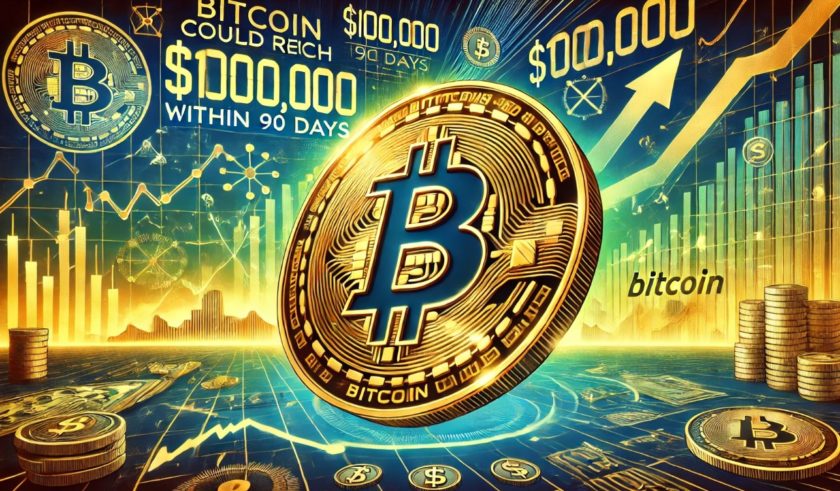- Unemployment data this week is anything but promising, suggesting a V-shaped economic recovery is a pipe dream.
- Continuing jobless claims show people aren’t being rehired.
- Salary cuts across the board mean even those who have a job have less to spend.
U.S. jobless claims fell for a ninth straight week on Thursday, but cheers about a drop in unemployment appear premature. While the worst may be behind us, that doesn’t necessarily mean the U.S. economy is on pace for a quick return to growth.
Predictions about the shape of the U.S. economic recovery have included just about every letter of the alphabet – and even a few symbols. But the only letter that truly matters is the V, because it represents a fast, sharp return to economic growth.
A V-shaped recovery is what the U.S. stock market is betting on, it’s what Donald Trump needs for reelection, and it’s the only way the Federal Reserve can justify its massive stimulus package.
Grim Unemployment Figures Kill Recovery Hopes
Wall Street bulls celebrated when this week’s unemployment data showed that new claims had fallen to 1.877 million. That’s the lowest they’ve been since lockdowns began, and it may confirm that the worst of the layoffs are behind us.
But it also confirmed that Americans have yet to feel the brunt of the economic pain caused by the pandemic.
Because while it does signal that America has likely reached rock bottom in terms of job losses, it doesn’t suggest things are on the upswing.
There’s still an extraordinarily high number of people filing for unemployment benefits. Recall that before the pandemic rocked the U.S. economy, that figure ranged between 200,000 and 220,000.
Sky-High Unemployment Isn’t Going Anywhere
It gets worse. That’s just the number of initial jobless claims— meaning people filing for the first time.
Continuing jobless claims statistics paint an even worse picture of the unemployment situation in the U.S.
Those who filed for repeat benefits, meaning they haven’t been rehired, rose from the previous week. A whopping 21.5 million Americans have yet to be rehired despite the fact that the U.S. economy is reopening.
When will those people be rehired? It’s anyone’s guess. The University of Chicago estimated that approximately 42% – or 9 million of those people – will remain unemployed.
Other estimates suggest upwards of 16 million, or roughly 10% of the entire labor force, will continue to claim unemployment benefits for the foreseeable future.
Rehired or Not, American Consumers are Under Strain
Even those who returned to work are feeling the pain of the pandemic with wage cuts as their employers struggle to adjust to a post-pandemic world.
The Fed’s April business survey showed that aside from the few sectors that have seen demand skyrocket, most industries were instituting salary cuts.
The Department of Labor’s data showed that aggregate weekly pay posted its largest-ever drop of 11% in April:
That’s going to be enough to change the supposed V-shaped recovery into something much less exciting, like a U – or perhaps even an L.
The reason for that is simple, according to Barclays economist Michael Gapen. People who suffer an unexpected pay cut don’t have much leftover to stimulate the economy.
It’s one of the reasons why we don’t expect a so-called V-shaped recovery. [Many people] might have little, and in some cases maybe nothing, left over after that for discretionary purchases.
But the consumer spending collapse has another layer of complexity.
It’s not just the working public that will see their pay diminish; those that are claiming unemployment insurance will see their benefits fall too. The additional $600-per-week pandemic pay that millions of unemployed people have been receiving will evaporate in July.
That’s going to leave behind a hole in many families’ income, thwarting not only their power to make discretionary purchases but also their ability to pay their bills.
With unemployment and wage cuts weighing heavily on consumers, it’s difficult to imagine any sort of robust economic recovery. Let alone a V-shaped one.
Disclaimer: The opinions expressed in this article do not necessarily reflect the views of CCN.com.
This article was edited by Josiah Wilmoth.




